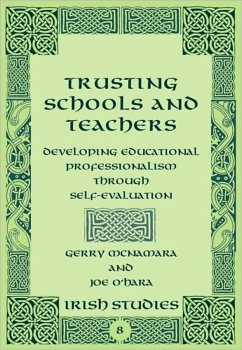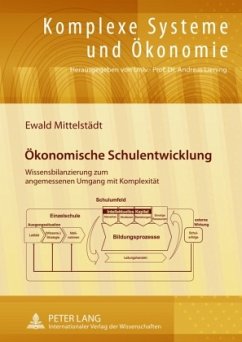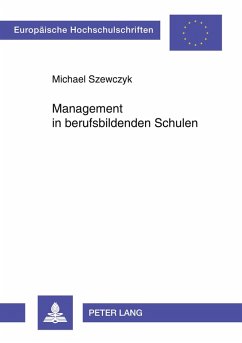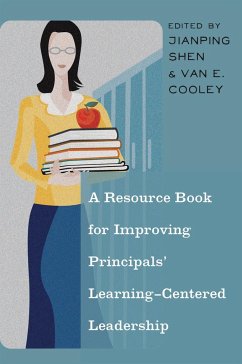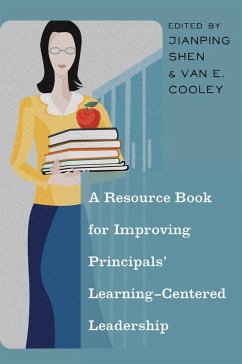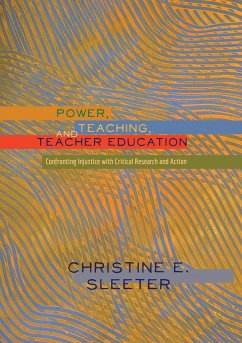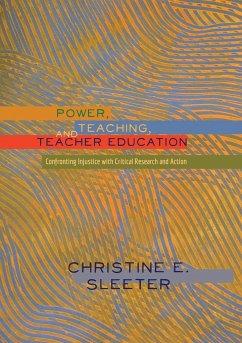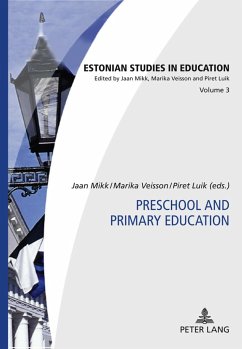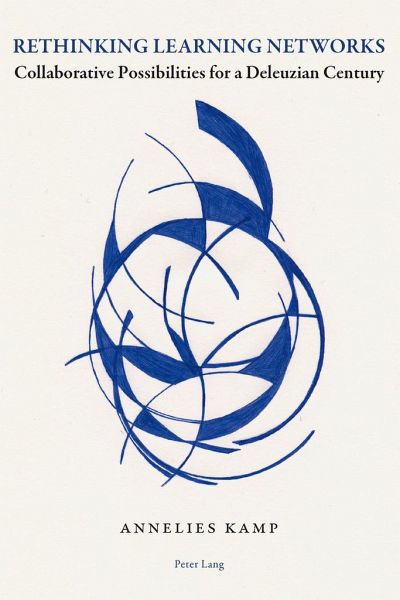
Rethinking Learning Networks
Collaborative Possibilities for a Deleuzian Century
Versandkostenfrei!
Versandfertig in 6-10 Tagen
66,15 €
inkl. MwSt.

PAYBACK Punkte
0 °P sammeln!
In the face of today's complex policy challenges, various forms of 'joining-up' - networking, collaborating, partnering - have become key responses. However, institutions often fail to take advantage of the full benefits that joining-up offers. In this book, the author draws on ethnographic research into learning networks in post compulsory education and training in the state of Victoria, Australia, to explore why this might be the case and presents an argument for rethinking how joining-up works in practice. Throughout the book, Deleuzian concepts are engaged to forge a 'little complicating m...
In the face of today's complex policy challenges, various forms of 'joining-up' - networking, collaborating, partnering - have become key responses. However, institutions often fail to take advantage of the full benefits that joining-up offers. In this book, the author draws on ethnographic research into learning networks in post compulsory education and training in the state of Victoria, Australia, to explore why this might be the case and presents an argument for rethinking how joining-up works in practice.
Throughout the book, Deleuzian concepts are engaged to forge a 'little complicating machine', one that involves the reader in rethinking the limits and possibilities of collaborative agendas. The chapters draw on diverse disciplinary discourses to construct a conceptual journey that includes the rationale for collaborative agendas, the means by which we seek to understand and govern them, the possibilities of knowing them as 'small worlds', the role played in them by social capital, and the nature of network sociability they demand. Overall, the book aims to provoke new connections for the reader, and new ways of thinking about networks, collaboration and partnerships - ways of thinking that are in tune with the agenda itself.
Throughout the book, Deleuzian concepts are engaged to forge a 'little complicating machine', one that involves the reader in rethinking the limits and possibilities of collaborative agendas. The chapters draw on diverse disciplinary discourses to construct a conceptual journey that includes the rationale for collaborative agendas, the means by which we seek to understand and govern them, the possibilities of knowing them as 'small worlds', the role played in them by social capital, and the nature of network sociability they demand. Overall, the book aims to provoke new connections for the reader, and new ways of thinking about networks, collaboration and partnerships - ways of thinking that are in tune with the agenda itself.





